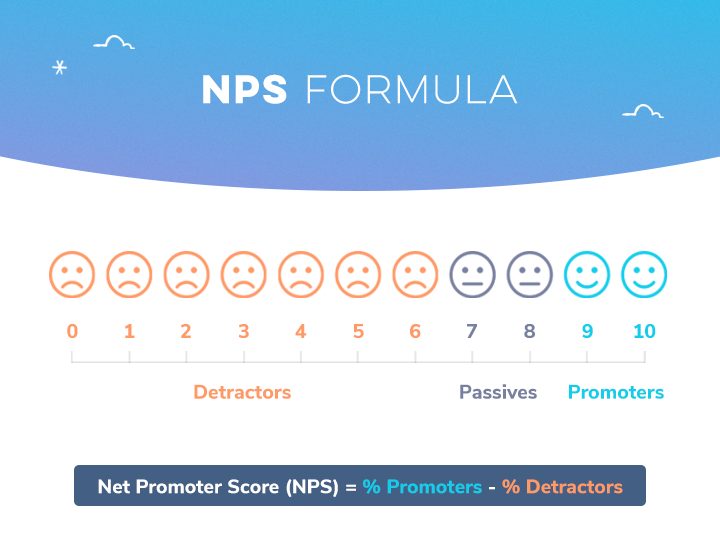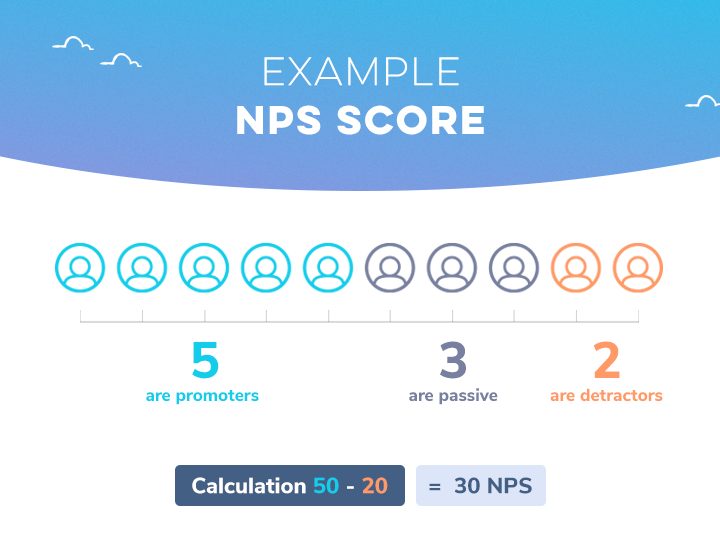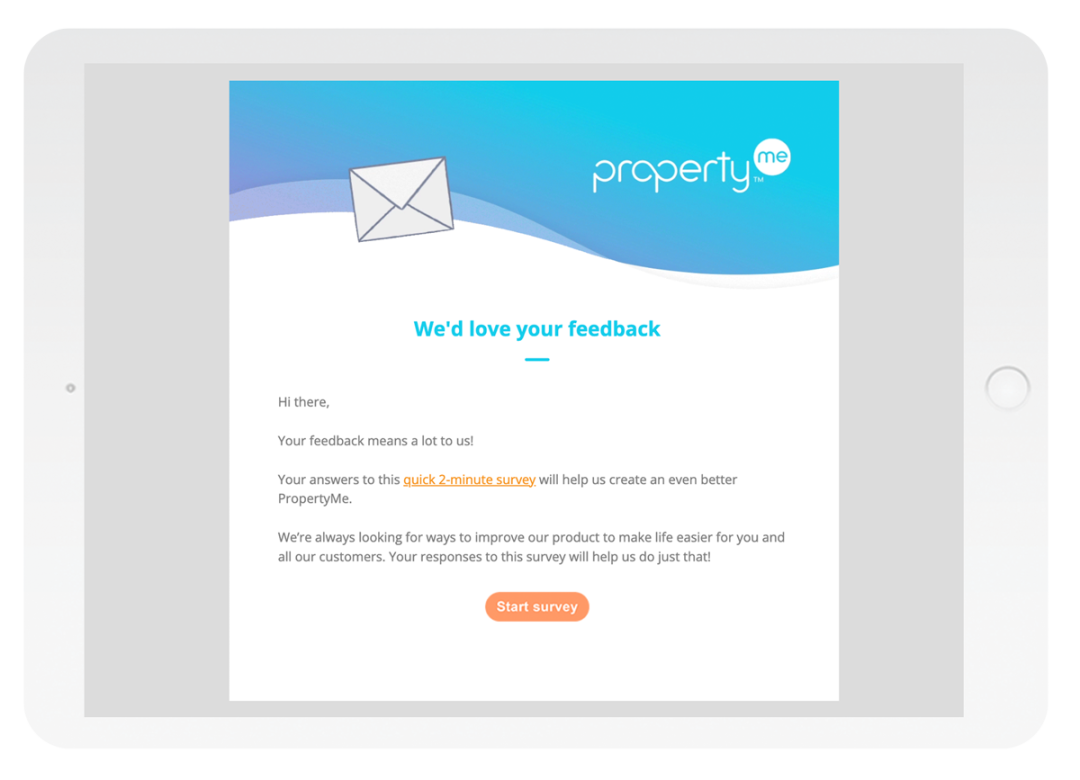Today we’re talking about all things Net Promoter Score, or more commonly known as NPS. The property market is built around the foundations of customer service and satisfaction. These two elements can be the difference between clients sticking around for years or leaving after a few short months.
While NPS isn’t a typical measurement for Property Managers, it’s a great indication for businesses to measure customer satisfaction — a higher NPS score means greater customer loyalty and growth potential.
What is NPS?
Let’s start with the fundamental question of ‘What is NPS?’. Well, put simply, it’s the unit of measurement that comes from the answer to the question of,
“On a scale of 1 to 10, how likely are you to recommend this business to a friend or colleague?”
Fred Reicheld published an article titled “The one number you need to grow” in the Harvard Business Review in 2003. Since then, it’s been used as a customer satisfaction tool for businesses worldwide.
How is NPS calculated?
The respondents to the question are then broken down into three categories, depending on the response.
Promoters
These customers are the ones who answer the question with either a 9 or 10. Think of these customers as enthusiastic, loyal, and who practically do your marketing for you.
Passives
Your passive customers are those who answer the question with either a 7 or an 8. While they’re still customers, they’re indifferent about the business. They have the potential to switch to a promoter or switch brands entirely if they see value elsewhere.
Detractors
0-6, that’s all you’re getting from these guys. These customers aren’t satisfied with your product or service, and you risk losing them to the competition. They have the potential to detract from your brand as they share their negative experience with others.
Once the data has been gathered from your customer, the following formula can be used to calculate your NPS.
NPS = % of detractors – % of promoters
For example, if you have 10 responses to your survey; five promoters, three passive, and two detractors, your formula would be: 50 – 20, equalling an NPS of 30.
A good, realistic NPS score is anything above 30%, with 41% being the average. Whereas if you’re looking for a great NPS score, 70% is your desired number. While we would love to say that 100% is ideal, even companies like Tesla only scored a 96%, and they have cars that drive themselves.

How to monitor NPS
Ok, now that we understand how the score is calculated and why it’s valuable, here are a few ways to monitor NPS.
- Integrate into email marketing
- Survey question
- Feedback form
Ideally, you want to be checking in with your customers and asking them for an NPS rating every 3 to 6 months.
Why is NPS important for Property Managers?
While it may seem like a simple survey, your NPS score is incredibly insightful to help Property Managers identify where they excel and areas that could be improved. As much as we’d all love to say that we do everything perfectly, your NPS gives you insight into customer sentiment and helps Property Managers put the effort in the right places to improve customer satisfaction.
How to improve your NPS score
If you’ve been on the receiving end of getting a low NPS score, you know that it can be pretty defeating. And while it can sting a little, it should be considered an opportunity for change rather than a negative. Your NPS score is a great resource for feedback, both good and bad. Discovering what your customers think is ideal for uncovering their pain points. Taking a negative NPS score and reflecting on how it can be shifted to improve your business is a great way to utilise it.

Enhance communication and reduce landlord churn
Managing landlords’ customer experience is just one part of being a Property Manager, and customer retention is what it’s all about. Utilising your NPS score as a Property Manager to help enhance communication and, in turn, avoid landlord churn. Listening to what your landlords have to say gives you a chance to flip those negative results and fuel a positive change.
Improve customer interactions
Any chance you can to improve customer interactions is a chance that’s worth taking. Customers rely heavily on word of mouth to influence their purchase decision, and ensuring that you’re converting detractors to promoters is just one way to do this. Especially when dealing with challenges and conflict as a Property Manager, customer satisfaction is what you’re looking for.
Inform future decision making
The data that your NPS score holds can be used to inform future decisions. For example, if your NPS score highlights repetitive behaviour, then this gives Property Managers key pieces of information to either continue with what they’re doing great at or improve what’s been highlighted negatively.

We’d love to hear from you
So, what do you think of an NPS score? Is it something you’re going to implement in your business, or does it have too many limitations for your liking? We’d love to hear your honest thoughts by emailing [email protected].


